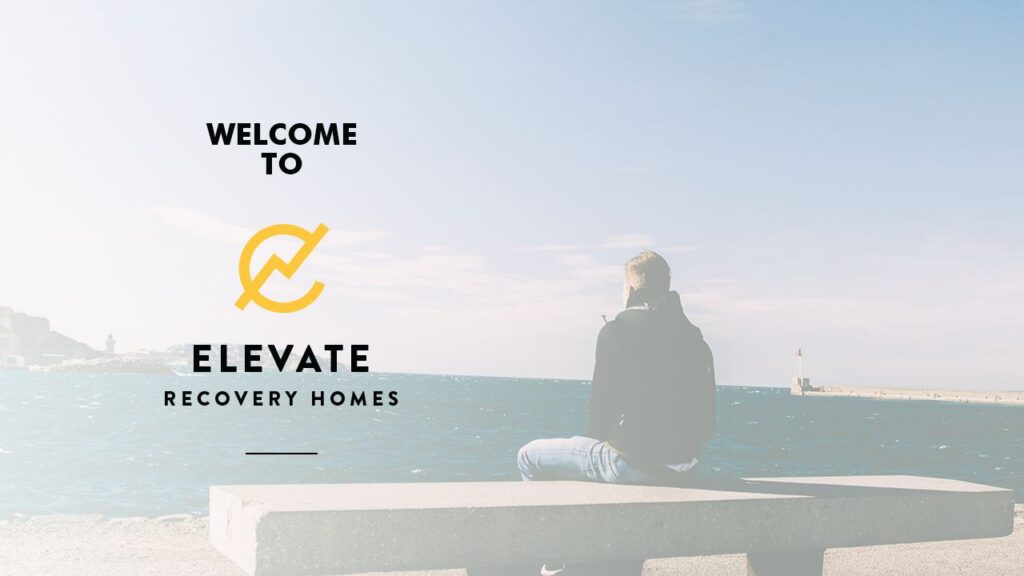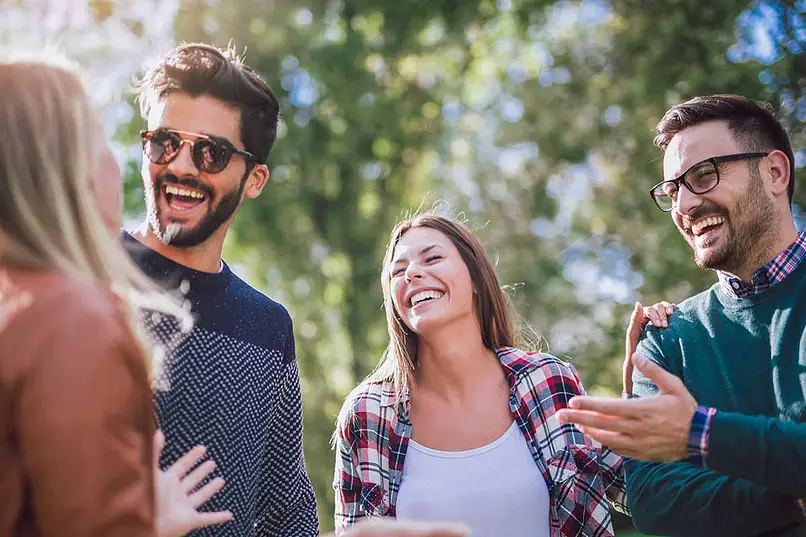Recovery from substance use disorder is a multifaceted journey that extends beyond individual efforts. Engaging in group activities within sober living environments plays a crucial role in fostering connection, promoting healing, and building a supportive community. These activities not only alleviate the isolation often associated with recovery but also equip individuals with essential skills and relationships that underpin long-term sobriety.
The Importance of Connection in Recovery
Isolation can be a significant barrier to recovery, often leading to feelings of loneliness and despair. Group activities provide a platform for individuals to connect with others who share similar experiences, fostering a sense of belonging and mutual support. This communal aspect is vital, as research indicates that developing positive relationships in a sober living house can significantly help one prepare for a successful path forward in recovery.
Benefits of Group Activities in Sober Living
- Shared Experiences: Participating in group activities allows individuals to share their stories and listen to others, normalizing their experiences and reducing feelings of isolation.
- Accountability: Regular group interactions create a system of accountability, where members encourage each other to stay committed to their recovery goals.
- Skill Development: Group settings provide opportunities to learn and practice coping strategies, communication skills, and problem-solving techniques essential for navigating life post-addiction.
- Emotional Support: Engaging with peers offers emotional backing during challenging times, reinforcing resilience and providing comfort.
- Building Trust: Consistent group interactions help in rebuilding trust in others, a critical component often eroded during periods of substance use.
Effective Group Activities for Adults in Recovery
Incorporating structured activities can significantly enhance the recovery process. Here are some effective group activities:
1. Story-Sharing Circles
Creating a safe space where individuals can openly share their journeys fosters empathy and understanding. Story-sharing circles encourage participants to articulate their experiences, challenges, and triumphs, promoting mutual support and connection.
2. Art Therapy Sessions
Art therapy provides a non-verbal outlet for expressing complex emotions and experiences related to addiction and recovery. Engaging in creative processes can lead to self-discovery and emotional healing, making it a valuable tool in group settings.
3. Mindfulness and Meditation Practices
Incorporating mindfulness and meditation helps individuals develop awareness of their thoughts and feelings, reducing stress and enhancing emotional regulation. Group meditation sessions can cultivate a collective sense of calm and focus.
4. Group Games and Activities
Engaging in group games fosters teamwork, communication, and trust among participants. Activities like problem-solving tasks or team sports can be both enjoyable and therapeutic, promoting social interaction and cooperation.
5. Journaling and Reflection Exercises
Encouraging individuals to document their thoughts and feelings through journaling can aid in self-reflection and personal growth. Sharing insights from journaling in a group setting can deepen connections and provide diverse perspectives.
Utilizing Recovery Group Worksheets
Structured worksheets can guide discussions and personal reflection during group sessions. Resources like the SMART Recovery Toolbox offer a variety of methods, worksheets, and exercises to help individuals self-manage their addiction recovery and life. These tools can be instrumental in identifying triggers, developing coping strategies, and setting achievable goals.
Activities for Addiction Groups
Implementing diverse activities tailored to the needs of the group can enhance engagement and effectiveness. Some activities include:
- Role-Playing Scenarios: Practicing responses to potential triggers or challenging situations in a safe environment helps prepare individuals for real-life encounters.
- Relapse Prevention Planning: Collaboratively developing strategies to prevent relapse empowers individuals and reinforces commitment to sobriety.
- Skill-Building Workshops: Sessions focused on developing life skills, such as financial management or job readiness, support holistic recovery and independence.
Substance Use Group Activities
Engaging in activities specifically designed to address substance use can provide targeted support. Examples include:
- Trigger Identification Exercises: Recognizing and discussing personal triggers within a group can lead to shared strategies for managing them.
- Coping Mechanism Exploration: Sharing and practicing various coping mechanisms allows individuals to discover what works best for them, with peer feedback and support.
- Educational Sessions: Learning about the science of addiction and the effects of substances can enhance understanding and motivation for recovery.
Building a Supportive Community
The communal aspect of group activities in sober living environments cannot be overstated. Building relationships with peers who understand the challenges of recovery creates a network of support that extends beyond structured sessions. These connections often lead to lasting friendships and a sense of belonging, which are crucial for maintaining sobriety.
Elevate Recovery Homes: Supporting Men’s Sober Living
At Elevate Recovery Homes, we are committed to providing comprehensive post-treatment care for men suffering from substance use disorder. Our Colorado sober living homes offer transitional living in a supportive and structured environment. Our philosophy centers on providing daily structure, personal accountability, community support, and a plan of action to help our residents succeed in their recovery journey. Staffed with dedicated House Managers, Certified Addiction Specialists, and Peer Recovery Coaches, we offer around-the-clock support and guidance. Additionally, our licensed therapists, counselors, and case managers are available to meet the diverse needs of our residents. We are committed to helping our residents build the skills and confidence they need to transition into a healthy and sustainable lifestyle. If you or a loved one is seeking post-treatment care, we invite you to join our community and take






